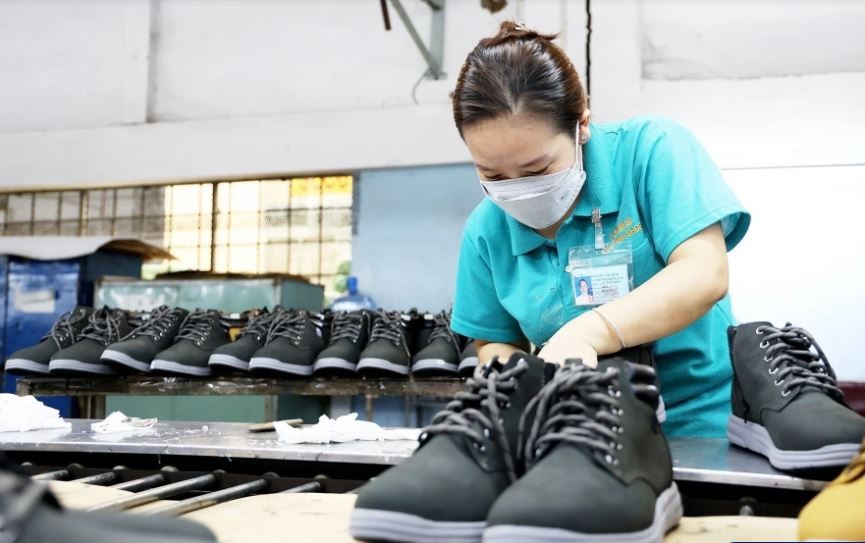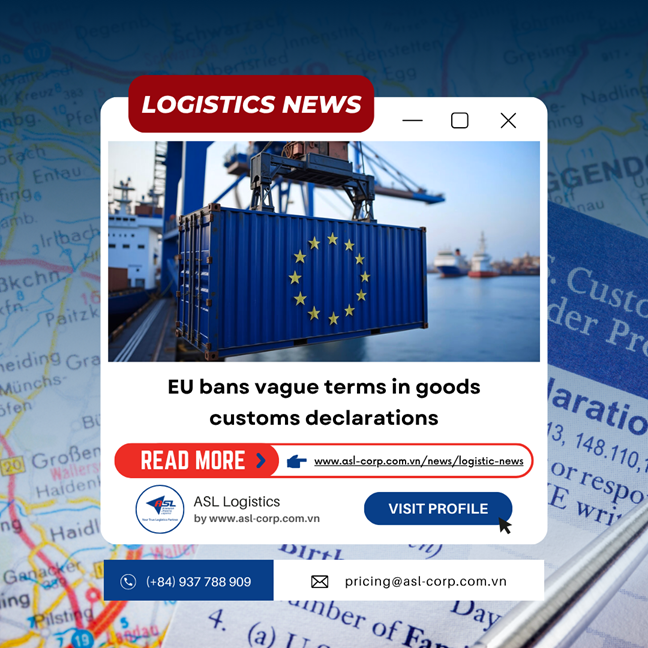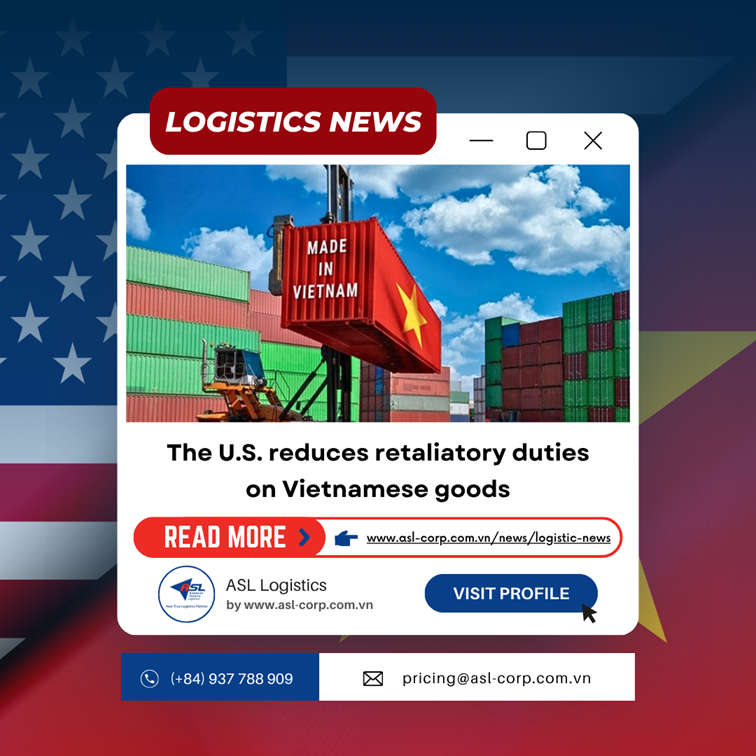Logistic News
EXPORT ENTERPRISES ARE "HOLDING THEIR BREATH" TO WATCH ORDER SITUATION
19 April 2024
Many Vietnamese export enterprises are anxiously watching the escalation of conflicts in the middle east region as well as their subsequent impacts to find solutions for their businesses.
After Iran's retaliatory attack on Israel made the situation in the Middle East worse, Vietnamese export businesses are anxiously monitoring the development of the conflict as well as its subsequent impacts to find solutions to deal with the circumstance.
Mr. Nguyen Chi Trung - Chairman of the Board of Directors of Gia Dinh Group Joint Stock Company said - currently the business has orders until the end of July, factories are recruiting more workers. However, in the current context, businesses are also worried because they do not know what the upcoming future will be like.
According to Mr. Trung, the current geopolitical conflict situation is still evolving unpredictably. If the conflict does not stop but continues to spread, export businesses will face more and more difficulties, of which the biggest difficulty is dramatically inflated shipping costs. "A pair of shoes costs 100 VND, plus 50 VND for shipping. Now if the shipping fee increases by 60-70 VND, the business will not be able to sell the products," Mr. Nguyen Chi Trung shared.

Export enterprises are "holding their breath" to watch the order situation
Mr. Nguyen Van Khanh - Chairman of the Shoe and Leather Association of Ho Chi Minh city admitted that most businesses in the industry are still facing many difficulties with orders. Many factories must lay off workers due to a sharp decline in export orders. "According to the association's recent survey, only about 40% of businesses in the association have orders until May and June. Most of the export orders go to Europe and the US. The rest, from the second quarter to the end of the year, has not been available yet," Mr. Khanh said.
Also according to Mr. Khanh, in addition to difficulties due to political conflicts, the leather and footwear industry is currently facing challenges from the 4.0 revolution, green production, emission reduction...
In addition, the Ministry of Finance's proposal to impose a 10% tax on export services will make it even tougher for firms because businesses providing export services must pay taxes, which will push up the goods prices. Therefore, manufacturing enterprises will have to find new sources of supply outside the nations. This causes the supply chain to be moved abroad, bringing advantages to other countries.
Also in the spiral of anxiety, Mr. Nguyen Van Thu - Chairman of the Board of Directors of G.C Food Joint Stock Company (GC Food), Vice Chairman of the Association of Food Transparency (AFT) - expressed that from the beginning of the year until now, orders of businesses decreased due to customers' concerns about the unstable situation. "We currently export to the Middle East, although not much, but still maintain relationships with customers in this market to wait for a recovery," Mr. Thu said.
According to Mr. Thu, the Middle East conflict has a negative impact on production and business activities, especially export enterprises. The reason is that the price of raw materials for production will increase, shipping costs will also upgrade and consumers around the world may tighten their spending again due to concerns about instability.
“Even in the best situation where the parties restrain themselves and the conflict does not escalate further, the world economy will recover slowly and world purchasing power will decrease. In just a next few months, the prices of various production inputs will increase, causing difficulties for businesses," Mr. Thu worried.
With Dom Garment Co., Ltd., Mr. Pham Quang Anh - CEO of this company said that in the Middle East market, the company is working with many customers in the UAE (United Arab Emirates), Jordan. This market segment currently accounts for about 10% of the our total export turnover.

Textile and garment businesses are worried when freight rates increase sharply
However, intense regional conflicts are causing businesses to worry about the safety of goods during the shipping period through sea, as well as the sharp increase in freight rates.
According to Mr. Quang Anh, if in November 2023 the freight price for 1 container (40 feet) to the Jordan was only 1,450 USD, now the freight price has increased to 6,000 USD. Along with that, shipping time is also longer. Normally, customers will place orders after they receive the previous one, so when shipping time increases, the business's orders will also decrease by up to 50% compared to the time before.
"Most recently, orders shipped through this market took 2.5 months for customers to receive instead of 1 month like it used to be," Mr. Quang Anh said.
According to Mr. Quang Anh, when the middle east area becomes more tense, businesses must choose shipping lines that are "friendly" with Middle East countries so that goods can be transported more smoothly.
“Goods exported to these countries are already very competitively priced, but now when freight rates increase, businesses have to continue to reduce prices to share with customers. This makes many orders unprofitable," Mr. Quang Anh informed and said that if shipping fees continue to increase, businesses will have to bear it, find ways to lower product prices or shift to other safer markets.
Source: Công Thương

Head Office
ASL Hồ Chí Minh
Số 31/34A Ung Văn Khiêm, Phường Thạnh Mỹ Tây, TP. Hồ Chí Minh, Việt Nam
 Công Ty Cổ Phần Giao Nhận Vận Tải Mỹ Á
Công Ty Cổ Phần Giao Nhận Vận Tải Mỹ Á
 (+84)28 3512 9759
(+84)28 3512 9759
 (+84)28 3512 9758
(+84)28 3512 9758
 pricing@asl-corp.com.vn
pricing@asl-corp.com.vn
 mdirector@asl-corp.com.vn
mdirector@asl-corp.com.vn
 www.asl-corp.com.vn
www.asl-corp.com.vn
LOGISTICS SERVICES











.png)
.png)

.png)




